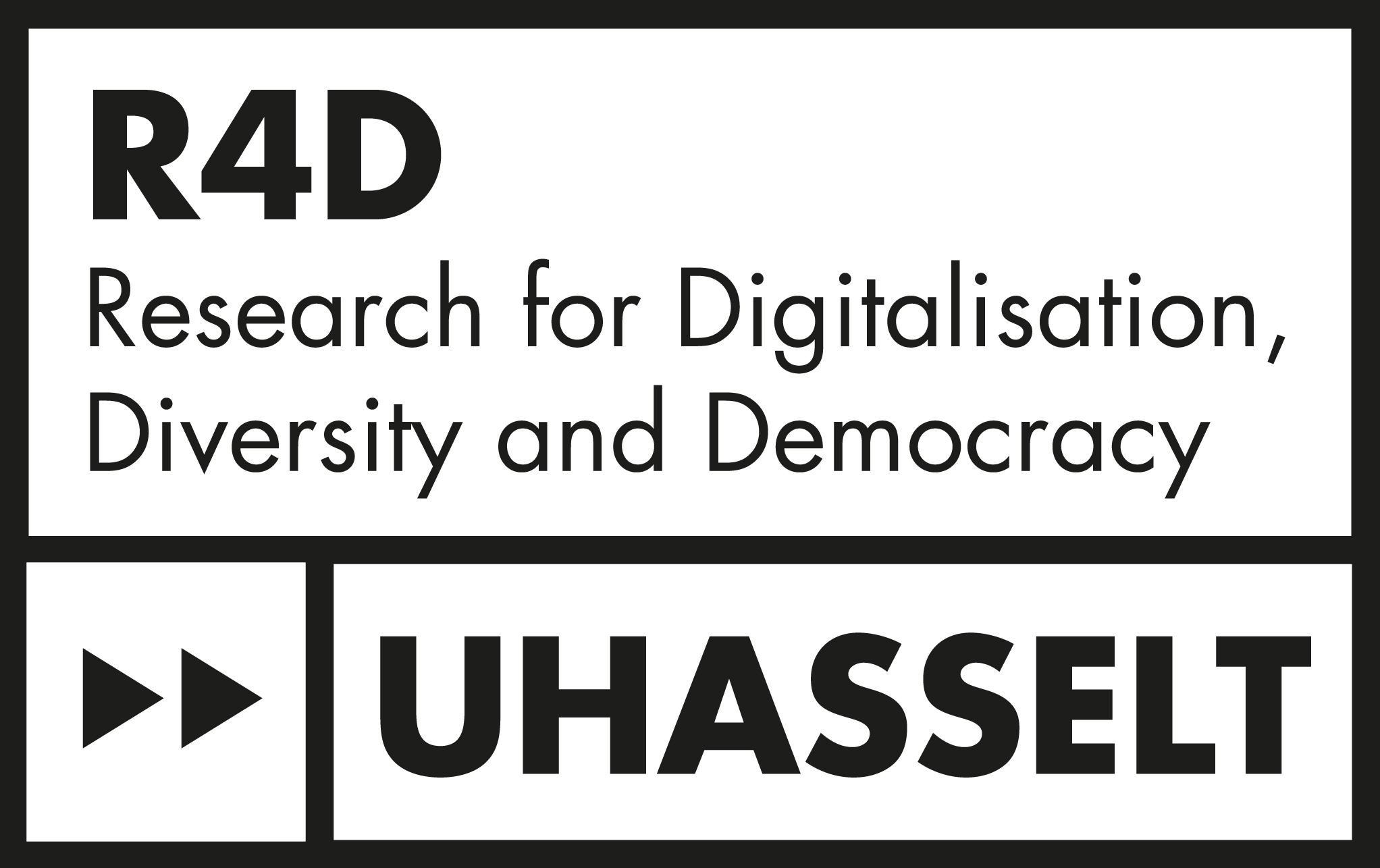Social Sciences launches conference on algorithms & diversity!
This 2-day international workshop organized at the School of Social Sciences at Hasselt University is on how algorithmic and AI technologies are affecting the reorganization of work and how such reorganization relates to processes of (de)differentiation of the workforce, inclusion/exclusion, exploitation, precarization and (in)equality.


Two keynote speakers will give insights in this fascinating topic:
Niels van Doorn (University of Amsterdam, Netherlands) with a talk on Gig platforms as migration infrastructure. Algorithmic systems enable gig platforms such as Uber and Deliveroo to scale their labor management practices by taking a hands-off approach to their workforce. This allows them to bypass employment laws, yet it also creates new management challenges: how to remotely control a heterogeneous workforce at scale? At the same time, gig workers - a large share of whom are migrants or have a migrant background - also face a number of distinct opportunities and risks related to how their work is organized. In this talk he explains why gig work has increasingly become migrant work in urban settings.
Joana Vassilopoulou (Brunel University, UK) with a talk on AI & Diversity: Is the future inclusive? The keynote explores the intersection of artificial intelligence (AI) and diversity, asking whether AI has the potential to promote diversity and inclusion, or whether it may exacerbate existing biases and inequalities. The keynote examines the presence of AI in various industries in the UK and its potential as a force for good, while also highlighting examples of AI bias and the negative consequences of AI management, such as the case of Uber drivers in London. The role of AI in human resources is also discussed, as well as the origins of discrimination and bias in AI.
Using the example of Chat GPT, the keynote delves into the two dark sides of the AI boom, including its potential to exacerbate existing inequalities and its potential to replace human jobs.
The full programme can be found below:
Programme




